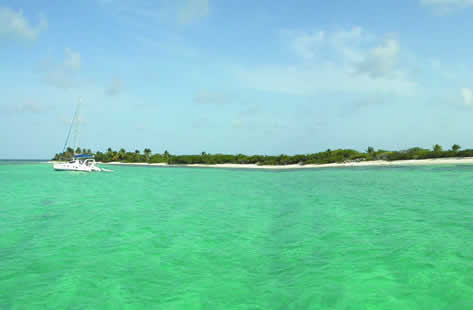How many of us have been passionate about the beauty of sailboats, fighting against sleep dictated by the unfortunate New Zealand time zone thanks to the American cup races? Certainly many, beginning with whom fell in love with Azzurra's aesthetic and substance, daring to challenge the Americans at home, in Newport, and for the first time representing an Italian yacht club. From then on, sailing has become a sport practiced not only by true enthusiasts, but also by whom followed the charm of fashion, of the media event. Even if sailing cannot be defined as a sport that appeals to the majority, it is certainly known by a lot of people.
For many, however, sailing remains an elitist sport with difficult rules and a steep learning curve because rules are closely linked to their practical application. It is not enough to learn the technique of steering the boat. Moreover, it is necessary to interpret natural elements in a way to allow for good navigation and, at times, one's own safety!
Azzurra and her team deserve the merit to have made it a reality for numerous Italians to enjoy crossing the Mediterranean sea on a boat that gets her inspiration from nature and the essential energy to express herself.
Cino Ricci, in particular, has become a player in disseminating information about the nautical world to the world of disability because he understands the importance of sailing as a means of satisfaction to the demands and desires of disabled persons who do sports. As a matter of fact, not only the full autonomy of the blind person is required while he navigates; the disabled person is to be in a position to accompany and lead other people in the thrilling experience of sailing.
One of the first not-for-profit associations which has gotten involved in this sense is Homerus, created and managed by Allessandro Gaoso, twice world champion at the helm of a Miniton GGG. Hosted by the Circolo Velico Gargnano, on Lake Garda, the association has about 100 disabled members who have followed the course offered to them. Competitions followed the course, actual races allowing competitors to confront each other openly. Since then, many associations dedicated to the same goal have emerged nationally and internationally as well.

The blind navigator needs special instruments. It is a satellite navigator with a voice synthesizer able to provide all necessary directions to any helmsman. Further, a dual-tone acoustic signal indicates the side on which the boat is, besides guaranteeing the location of the opposing boat.
With such tools, the blind helmsman acquires his independence and can experiment the pleasure of active solitude immersed in nature. It is a sensation capable of inebriating anyone, and even more so persons who are blind. So much so that some of the blind students have even become ship-owners in order not to give up the pleasure of casting off, and leave behind every day worries.
The blind navigator's horizon is anything but defined; and there is now a demand for the recognition of a priority code to a boat commanded by a disabled helmsman, recognizable by the use of easily distinguishable sail colours.
Maybe, what makes the experience at sea so gratifying to the blind is the awareness that the only limit is the sea itself. And it is a limit which does not accept exceptions of any sort, for anyone.